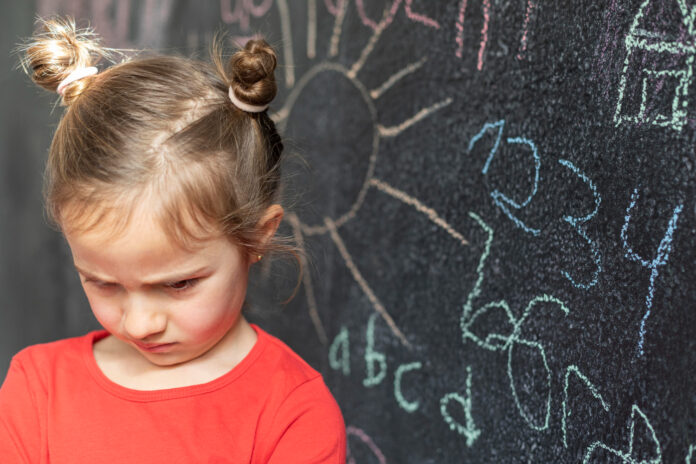The bell rings, signaling the start of another school day. For many kids, this sound doesn’t evoke excitement or a thirst for learning but feelings of dread, anxiety, and disinterest.
It’s troubling that many students develop negative attitudes towards school at various stages of their education.
But why do kids hate school, and what can be done to change this? Global Newsly will explore the underlying reasons for these attitudes and suggest strategies for creating a more engaging and supportive educational environment.
1. They Have to Wake up Early in the Morning.
Imagine starting your day at 8 am, heading off to school, sitting for hours in classes, returning home late each night, doing homework, studying for tests, and doing it all over again the following day – that is the daily reality for many kids, and it can be tricky!
Children who dislike school may feel stuck in a prison-like setting where authority figures rule everything they do and have little freedom or choice in how they express themselves – it can be highly frustrating!

Loneliness is another critical reason why children dislike school. Without friends to spend their day with or the fear of bullies looming large, loneliness can make children unhappy at school and cause depression or low self-esteem issues that further worsen their situation.
Children may dislike school for various reasons. They may be used to running around constantly and are unaccustomed to sitting still for so long in a classroom; therefore, they might find it hard to pay attention and start misbehaving or forgetting what they’ve learned.
Sometimes, children don’t enjoy school because it isn’t the right fit for them; they may need an alternate format or pace of learning that they cannot find at their current school.
Or it could be that their academics are challenging, and they feel overwhelmed and discouraged. To help your child more, try to determine why they dislike school as soon as possible so that you can assist.
2. They Have to Study.
Children need to study to acquire new information, yet some find it challenging at school.
This could be for various reasons, such as needing more organizational skills or disliking certain subjects such as math, which may prove frustrating if they do not understand its material or fail to earn high grades in exams.
Many kids dislike school because they are forced to study subjects they find unappealing; most schools only offer limited subject choices, and children can quickly become bored.
Students also must study for exams and sometimes struggle to comprehend what is being taught, leading them to quickly transition from learning to cramming – and eventually dislike school altogether.
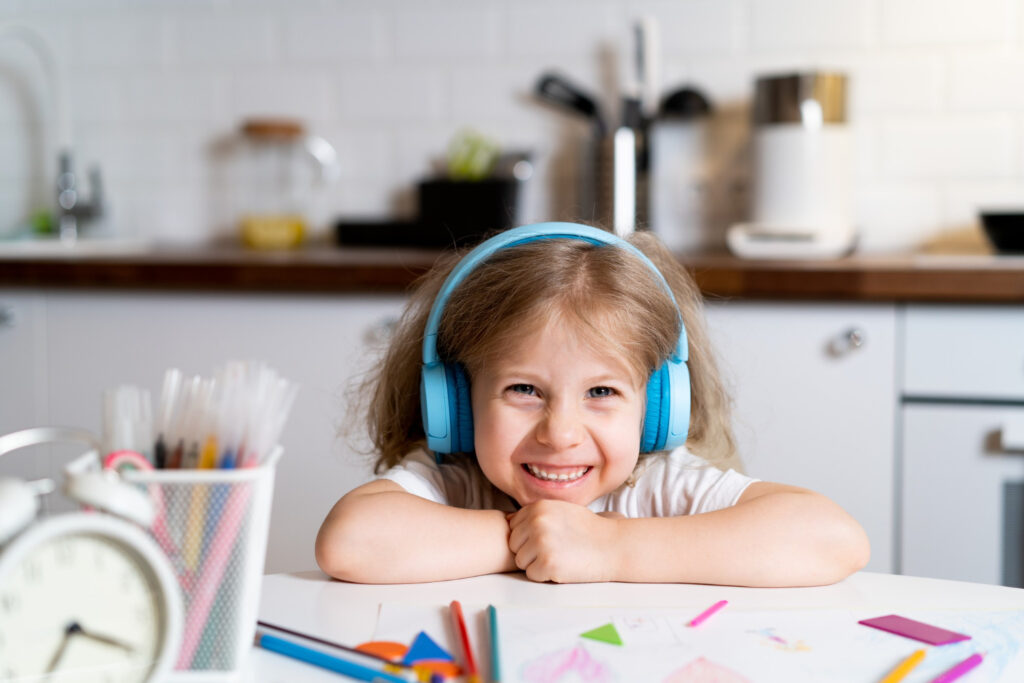
3. They Have to do Their Homework.
School may be the right environment for some children. Some find school stifling and restrictive. Children who quickly lose interest often struggle in such settings. This can make school attendance all the more frustrating.
Homework and study obligations are other reasons that kids dislike school. Many kids find this activity monotonous and pointless, without the sense of satisfaction from having completed something. Our brain produces its reward system when we achieve something meaningful or substantial.
Students often gripe about doing homework and studying because they feel teachers don’t give them enough time to comprehend material independently – this may not always be possible for all children.
Students with dyslexia might take longer to grasp the material, resulting in frustration for both themselves and teachers.
Some kids often express dislike of school because they find the academic demands too challenging. However, it can be hard for children to admit this issue.
Children see homework as an added responsibility that only sometimes feels necessary, taking away precious free time from other activities they might otherwise enjoy.
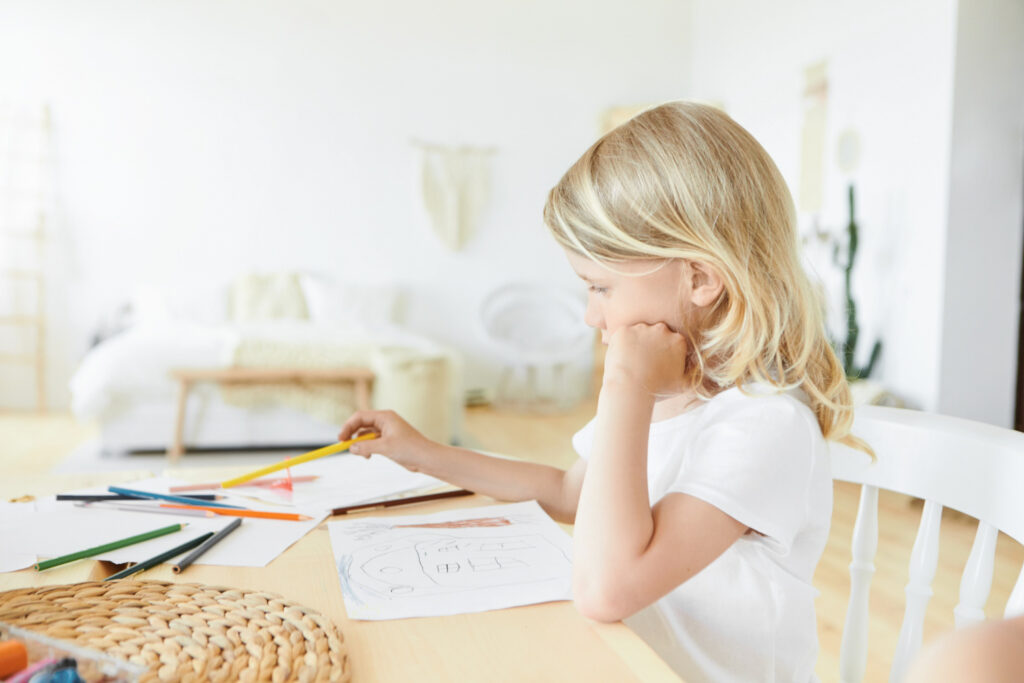
Many students dislike homework due to its often tedious nature, requiring concentrated work from them and contributing to feelings of stress or being overwhelmed, which only worsens school!
Children also often struggle with learning at school due to physical issues. One Colorado third-grader, for example, complained that his eyesight prevented him from reading the words on the page when reading, until he finally received glasses, which allowed him to see and read, improving his attitude toward school in return.
Therefore, children must communicate their struggles to adults so they can help find solutions together. Professional assistance must be sought immediately if your child is having academic difficulty.
4. They Have to Deal with Mean Teachers.
Kids frequently encounter hostile teachers at school, which can upset them. Children tend to be more sensitive than adults. They can take offense at a teacher’s tone or harsh body language towards them. A rude educator can cause stress and lead to depression among their pupils.

5. They Have to Leave Their Home.
If your child is constantly making up illnesses to stay home from school, they could be experiencing anxiety and depression.
While it can be challenging, they must receive the assistance necessary for recovery.
Five to ten percent of children detest school enough to refuse to attend, making excuses not to attend and avoiding classes altogether.
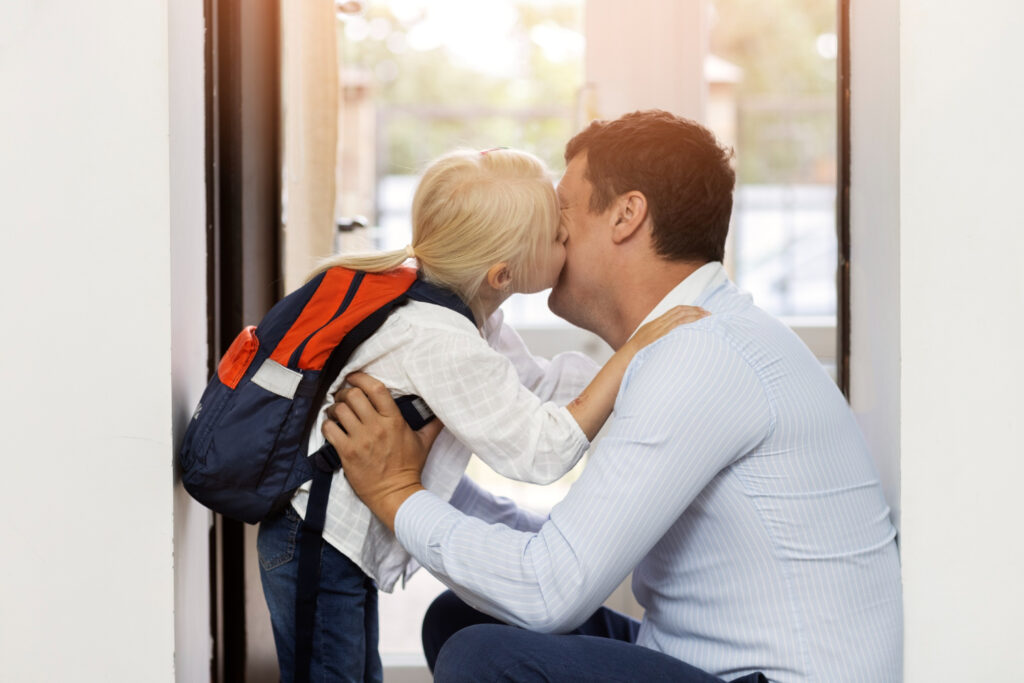
Other Possible Reasons for Why Do Kids Hate School
School can be an emotionally trying place. Children who struggle academically often have difficulty managing the pressure to keep up and can feel like they’re falling further and further behind, leading them to dislike school altogether.
Children may feel overwhelmed by the social environment at school. This stress may manifest itself through bullying and other negative social dynamics that take root at schools across the nation. If your child often sits alone at lunchtime, fakes illness to avoid class outings, or gives away precious items just so they have companionship, it might be wiser for you to talk them through their emotions and concerns with them directly.
One reason why kids dislike school is that it doesn’t accommodate their learning style. Many students rely on teachers using specific formats and paces to comprehend lessons properly; otherwise, they become frustrated and start disliking school altogether.
Many students prefer to avoid learning. This could be for various reasons, from not finding the subject interesting to how their brain processes information differently; some children choose more hands-on activities, such as working with peers, rather than classroom structures like school that engage them less.
An additional reason that children hate school is when their lessons don’t engage them enough.
Many students must study subjects that don’t resonate with them, meaning their brains won’t receive enough satisfying chemicals to help motivate them and stay on task. This can create stress for children and a severe academic rut that’s hard to break out of.
Some children dislike school because they don’t feel safe there, whether due to bullying or feeling isolated from peers. If your child seems sad and distant at school or often skips class outings despite being well, this could be why.
Others dislike school because of bullying; this includes physical, emotional, and verbal forms of harassment. As such, these kids become disinterested in attending class, sometimes hiding bruises or falsifying illnesses to avoid class outings altogether.
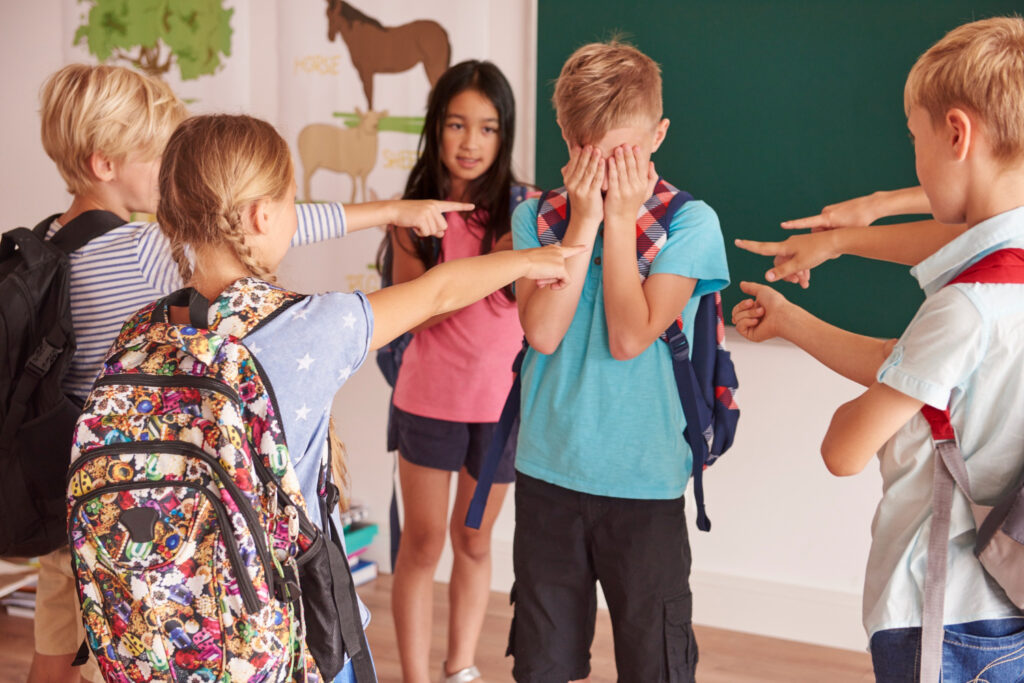
Your child might also dislike school because they don’t have many friends; without anyone to converse or play with during the day, this can leave them feeling isolated and isolated.
No matter the cause, you must talk to your child about their emotions and provide a safe space where they can express them freely.
This will enable you to support them more effectively and foster a more positive outlook at school. Consulting a therapist specializing in school psychology may also prove helpful.
However, these problems don’t indicate that your child needs more intelligence; many issues stem from environmental influences rather than intellect itself, and it is essential to talk with your child about any areas where they feel uncomfortable in school.
Positive school attitudes can benefit your child’s mental, emotional, and physical well-being. Therefore, you must discuss their feelings and find solutions together if possible. If that fails, seek professional assistance from counselors or psychologists; discussing issues with unbiased third parties might help your child rediscover his passion for learning!
The Impact of Negative Attitudes Towards School
Negative attitudes towards school can have devastating repercussions for students. With practical learning abilities and social isolation, students can reach their life goals and stay in school. Therefore, schools must address student attitudes quickly before they spiral out of control.
Positive attitudes toward school can help students feel good about themselves and their learning while at the same time helping to foster more incredible pride and self-esteem. Unfortunately, several factors can prevent such feelings from emerging; among them are the quality of teaching, family support, and social environment, as well as any lack of motivation or dissatisfaction with subjects taught.
According to previous research, negative attitudes toward school can also harm student health and behavior. Adolescents who hold opposing views about school tend to experience lower levels of satisfaction with their education as well as poorer mental and physical health outcomes.
Studies have also demonstrated how negative teacher attitudes can hurt students’ learning abilities. Teachers using humiliation or sarcasm to discipline their pupils may cause them to feel belittled and unable to focus on studying. Teachers showing no interest in either students or lessons could result in feelings of abandonment from both teacher and pupil, leading to stress, anxiety, and behavioral problems as well as physical symptoms for these individuals.
One factor influencing students’ attitudes about school is the quality of their parents’ educational background. Highly educated parents will likely value education and want the best future for their children; however, parents who are dissatisfied with their own academic experiences and have poor academic records may instill this attitude into their children.
As COVID-19 cases increased quickly during the pandemic, many schools worldwide have had to close unexpectedly, which may have an immediate and profound impact on students’ emotions and feelings toward education. This study seeks to investigate their relationships during this pandemic period.
Strategies for Improving Attitudes Towards School
Transforming the educational experience for students with a negative attitude towards school requires a multifaceted approach, focusing on innovative teaching methods, curriculum relevance, enhancing the school environment, supporting student well-being, and fostering parental and community involvement.
Innovative teaching methods are at the heart of re-engaging disinterested students. By integrating technology and interactive learning experiences into the classroom, educators can capture students’ attention and cater to various learning styles.

Project-based learning, for example, offers a hands-on approach that makes learning more engaging and applicable to real-world scenarios. Tailoring teaching methods to meet the diverse needs of students ensures that each child can find their own path to success within the educational system.
Another critical strategy is making the curriculum relevant to students’ lives and future aspirations. When students see the connection between their learning and their goals and interests, their engagement and enthusiasm for school can significantly increase.
Involving students in decisions about the curriculum can empower them, giving them a sense of ownership over their education and making the learning experience more meaningful.
The school environment is crucial in shaping students’ attitudes towards education. Creating a supportive and inclusive culture where every student feels valued and safe can transform the school experience.
Effective anti-bullying programs and initiatives that promote positive social interactions are essential in making the school a welcoming place for all students. A positive school environment enhances students’ academic experiences and supports their social and emotional development.
Supporting student well-being is equally important. Schools must provide resources for mental health support and stress management, recognizing that students’ emotional and psychological health directly impacts their learning and attitudes toward school.
Encouraging a balanced approach to academics, extracurricular activities, and rest can help students manage stress and find joy in their school experience. When students feel academically and emotionally supported, they are more likely to develop a positive attitude toward learning.

